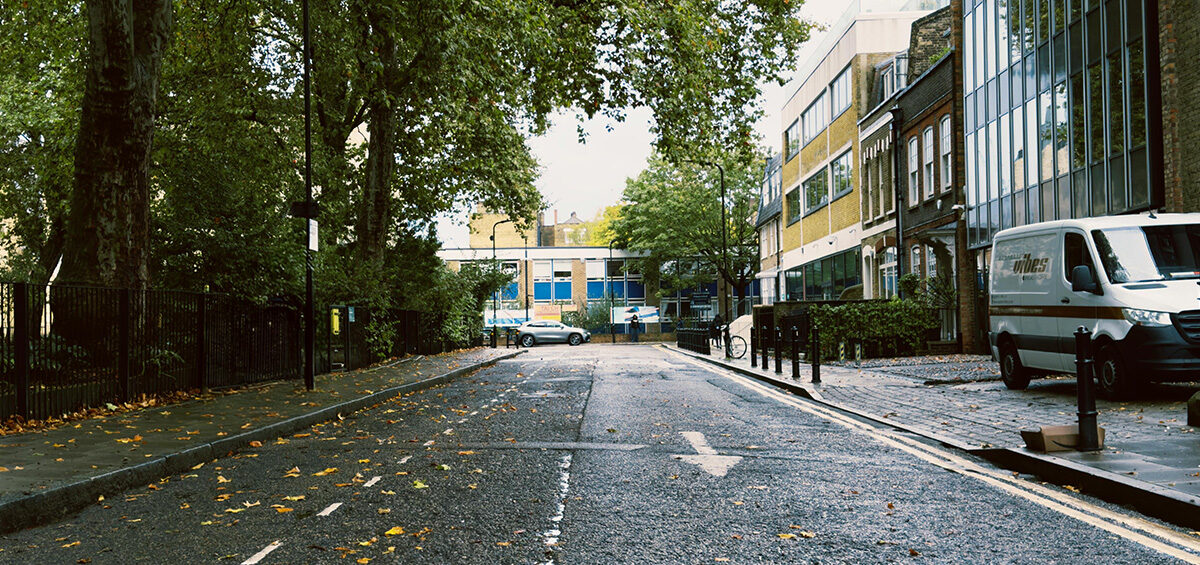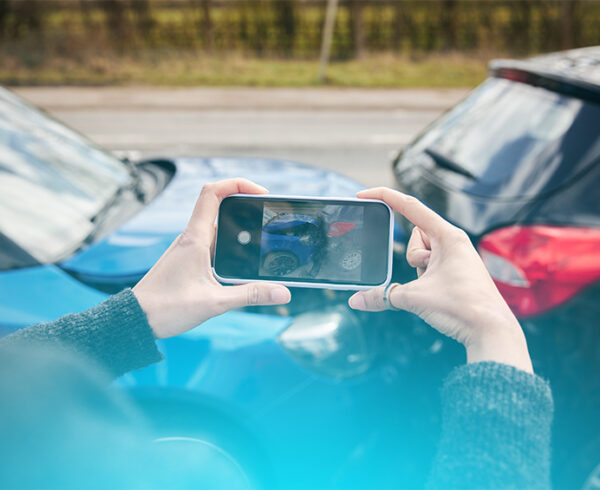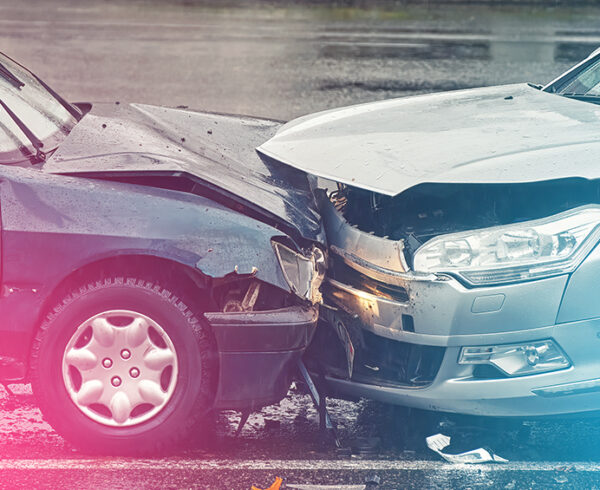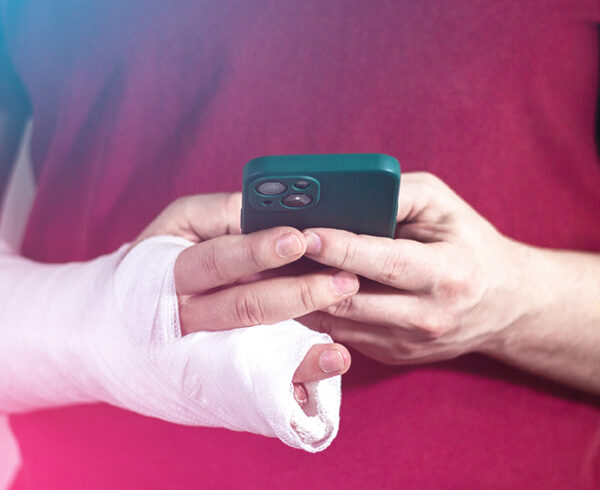Being involved in a road traffic accident is frightening and stressful, even more so if the other driver flees the scene. If you’ve been hurt in a hit and run, it’s completely natural to feel shaken, anxious, and unsure of what to do next. But you are not alone.
At CEL Solicitors, we help people involved in road traffic accidents daily. Even if the other driver isn’t found, you may still be entitled to compensation through the Motor Insurers’ Bureau (MIB). This guide explains what a hit and run is, the steps you should take, and how we can help you secure the support and justice you deserve.
What Is a Hit-and-Run?
A hit-and-run accident refers to any road traffic collision where one of the parties involved (typically the at-fault driver) fails to stop at the scene or does not provide their contact and insurance details, as required by law.
Under the Road Traffic Act 1988, all drivers must stop and exchange information if there has been injury, damage to property or vehicles, or harm to animals. Failing to do so isn’t just unethical — it’s a criminal offence.
Penalties can include:
- A fine of up to £5,000
- Between 5 to 10 penalty points
- Disqualification from driving
- Up to 6 months’ imprisonment in more serious cases
Sadly, hit-and-run accidents are relatively common, especially in busy urban areas or at night when visibility is low and witnesses are scarce. While some drivers panic and flee, others may be uninsured, unlicensed, or under the influence at the time of the crash.
Common Types of Hit and Run Accidents
Hit-and-run accidents can happen in a variety of ways. Common scenarios include:
- Vehicle-on-vehicle collisions: A driver hits another moving or parked vehicle and leaves the scene without leaving any details — for example, in traffic or a car park.
- Hitting a pedestrian or cyclist: The driver leaves the scene after injuring someone on foot or bike, even if the injury appears minor.
- Property damage: The driver hits a fence, lamppost, parked car, or building and fails to report the incident to the owner or the authorities.
Why Do Drivers Flee the Scene?
There are many reasons why a driver may flee the scene of an accident, including:
- Driving without insurance
- Being under the influence of drugs or alcohol
- Driving without a valid licence
- Fear of arrest or prosecution
- Not realising the extent of the damage or injury caused
- Distraction or genuine unawareness
Whatever the reason, fleeing the scene only adds more distress for the person left behind. Thankfully, there are ways to pursue justice, even if the responsible driver isn’t identified right away.
Modern tools such as dashcams, CCTV, and witness statements can all help track down the driver, and if they remain untraced, the MIB may still cover your claim.
Who Will Cover the Cost of My Hit-and-Run Compensation Claim?
If the police trace the driver and they are insured, we can make your claim directly to their insurance provider.
If the driver is uninsured, or if they’re never identified, your claim can typically be made through the Motor Insurers’ Bureau (MIB) — a body that exists to compensate victims of uninsured or untraced drivers.
Either way, CEL Solicitors can help guide you through the claims process and fight to secure the compensation you’re entitled to.
What to Do If You Are Involved in an Accident with an Untraced Driver
Being involved in a hit-and-run accident is distressing, but the actions you take straight afterwards can make a big difference to your claim. Here’s what to do:
Stay Safe and Assess the Situation
Make sure you’re out of harm’s way. Check for injuries to yourself, your passengers, or anyone else involved. Call emergency services if needed.
Report the Incident to the Police
Report the accident as soon as possible — ideally within 24 hours. Share as much detail as you can, including the time and place of the incident, a description of the vehicle, and any part of the registration plate you remember.
Gather Evidence
If it’s safe to do so, take photographs of:
- The damage to your vehicle
- Your injuries
- The scene of the accident
- Road markings, signs, or anything else that may support your case
If there were any witnesses, ask for their contact details.
Check for CCTV or Dashcam Footage
Local businesses, traffic cameras, or dashcams may have captured the incident. This kind of evidence can be crucial to your claim.
Notify Your Insurance Provider
Let your insurer know what’s happened. Even if you’re not claiming directly through them, they may need to be informed and could support you with evidence or advice.
Make a Claim through the Motor Insurers’ Bureau (MIB)
If the driver is never found, you can make a claim to the Motor Insurers’ Bureau (MIB). They may cover costs related to your injuries, vehicle damage, and other losses caused by the accident.
Consult a Solicitor
Hit-and-run claims can be complex. A solicitor with experience in personal injury and road traffic accident claims can help make sure your case is properly handled and that you get the full compensation you’re owed.
By following these steps, you can protect your rights and make sure you’re supported throughout the claim process, even if the responsible driver is untraced. For further guidance, refer to the RAC’s advice on what to do if you’re involved in a hit and run.
Compensation Entitlement
A hit-and-run accident doesn’t just cause physical harm — it can take a toll on your finances, your mental wellbeing, and your everyday life. That’s why personal injury compensation should reflect the full impact of what you’ve been through.
You may be entitled to claim:
1. Personal Injury Compensation
This is the main form of compensation for individuals injured in a hit-and-run accident. Personal injury compensation can cover:
- Physical Injuries: Such as whiplash, broken bones, or more severe injuries like spinal damage or brain trauma.
- Psychological Injuries: Anxiety, depression, or post-traumatic stress disorder (PTSD) caused by the accident.
- Pain and Suffering: Compensation for the physical and emotional pain you have endured as a result of the accident.
The amount of compensation for personal injury is determined based on the severity of your injuries, the impact on your daily life, and the length of recovery.
2. Vehicle Damage
Covers the cost of repairing your car, or replacing it if it’s written off. You can also claim for hire car costs while your vehicle is being repaired.
3. Loss of Earnings
If your injuries prevent you from working, you can claim compensation for lost income during your recovery period. This can include both:
- Sick pay or wages: Lost earnings if you are unable to return to work.
- Future loss of earnings: If your injuries result in long-term disability or a reduction in your ability to work, you may also be entitled to claim for future lost income.
4. Medical Expenses
Compensation can cover any out-of-pocket medical expenses that arise from the accident. This may include:
- Medical treatment and rehabilitation costs.
- Physiotherapy, chiropractic care, or counselling services.
- Prescription medications are related to the injuries sustained in the accident.
5. Travel and Miscellaneous Expenses
You may also be able to claim for:
- Travel to medical appointments
- Help around the house or with childcare
- Adjustments to your home if needed
6. Compensation for Psychological Trauma
If the accident has had a lasting emotional impact — such as ongoing anxiety or PTSD — this can form part of your overall claim, separate to physical injuries.
7. Pain, Suffering, and Loss of Enjoyment of Life
Compensation for the ways the accident has disrupted your life, hobbies, and well-being. This recognises the non-financial consequences of what you’ve been through.
8. Legal Costs
If you’re successful in your claim, the responsible party or their insurer (or the MIB in the case of an untraced driver) may be required to cover your legal fees. This means you can pursue compensation without the need to worry about upfront legal costs, especially if you work with a no-win, no-fee solicitor.
If you’re looking to claim compensation after a road traffic accident, CEL Solicitors can assist you throughout the process. For more information on how to claim, visit our detailed guide on How to Claim Compensation After a Road Traffic Accident.
Why Choose CEL Solicitors?
At CEL Solicitors, we know just how upsetting a hit-and-run accident can be, especially when you’re left to pick up the pieces without any answers.
We’ve helped thousands of people get the compensation they deserve after road traffic accidents, including through the Motor Insurers’ Bureau. From the moment you contact us, we’re here to listen, support, and fight your corner.
With expert knowledge, a no-win, no-fee promise, and a team that truly cares, CEL Solicitors is here to help you every step of the way.
You are not alone. Just tell CEL. Call 0333 920 0729 or enquire online today.













